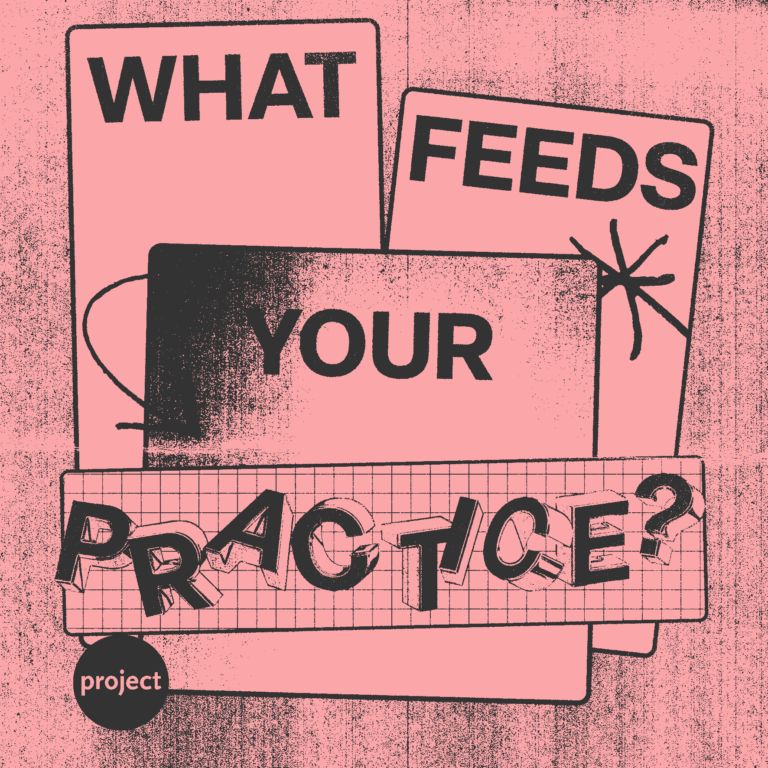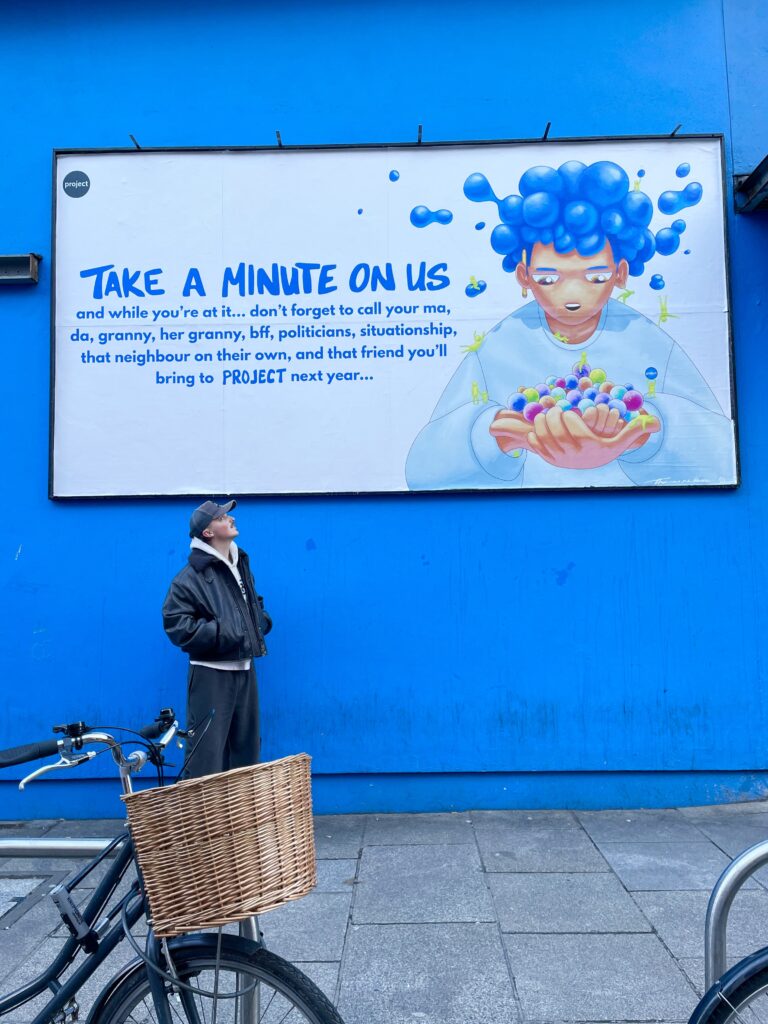Domestic Optimism begins with the work and continually expanding legacy of the Irish-born, self-taught, modernist architect and designer, Eileen Gray. A considerable amount of attention has been given to Gray’s work in recent years but, more often than not, the queerness inherent in her life and design is sidelined or ignored. I am interested in what comes to bear on the construction of legacy and what is and isn’t given historical attention. Why would Gray’s furniture design and architectural work need to be sanitised of their queer bent for the sake of museum display or historical account? Why do academic feminist readings of Gray’s work not engage in class-oriented or colonial historical critique?
The trope of the architect-genius was a staple of the modernist project: hyper-masculinised; uncompromising; and embodying a far reaching fantasy of power. This hero-architect archetype of modernity is still an active agent that should be kept in clear sight. While reluctant to give more cultural space to an ever-present figure such as influential Swiss architect Le Corbusier, he (along with other hero-architect prototypes) can offer a reflected understanding of Gray’s work, and the broader contemporary implications of the modernist project at large.
While Gray herself wasn’t particularly invested in her own legacy-making, it would seem that an abundance of claims on the modelling of her shape and place in modernist history arrived posthumously. From an Irish perspective, these claims come in relation to the oft-cited claim that modernism didn’t really happen in Ireland. I would argue that, based on her work and working methodologies, it does Gray an injustice to follow the well-trodden path of heroic genius-making in caring for her legacy. I am interested in complicating Gray's legacy, life, and times, through processes of queering that work in order to unmask the stealthily normative narrative repetition embedded in the construction of heritage.
The research continues with acts of architectural inscription involving: the anecdote as a form of illegitimate knowledge sharing; the gesture as a temporal means of intervention in the realm of hard facts and hard concrete; and the lesbian flâneur as an avatar figure that liberates the domesticated body into the mutable space of the city, making meaning in movement. Speculative fabulation and slash fiction will also be incorporated as research tools for erotically conflating historical reference with the lived present. A warped aesthetics of museum display will play a role in the un-making of normatively structured representation.
We live in times when housing – one of the most basic human needs – has become fraught and increasingly difficult to secure, especially for those of us with low incomes. This research looks back in time to the post-war period when there was some utopian intent for how people might live. I am interested in knitting historical research into the precariously lived present as a means of questioning our relationship to domestic space: economically; psychologically; and socio-sexually. How are we domesticated by regimes of ownership, architectural ideology, and spatial design? How can we derange the logic that determines our domestic lives? (Emma Wolf-Haugh)
Emma Wolf-Haugh is a visual artist and educator based in Dublin and Berlin. Weaving together installation, performance, publishing and collaborative workshop techniques, she is interested in re-orienting attention in relation to cultural narratives, developing work from a queer/feminist questioning based on asking ‘what is missing?’ Her practice is informed by previous experience in theatre and queer DIY club scenes, both sites where spaces and spatial relations are generated temporarily. The stage and the dance floor or darkroom are designed to focus attention via a set of aesthetic practices, including the manipulation of audio/visual, moveable hard/soft architectures, ephemera and the performing body. This has led to a continuing engagement with the aesthetics of club culture along with questions of spatial politics and an incorporation of theatricality as a means of making propositions.
Emma Wolf-Haugh is co-founder of the artistic/curatorial collective ‘The Many Headed Hydra’ together with Suza Husse, the artistic director of District Berlin.
Photo courtesy Emma-Wolf Haugh, 2019






